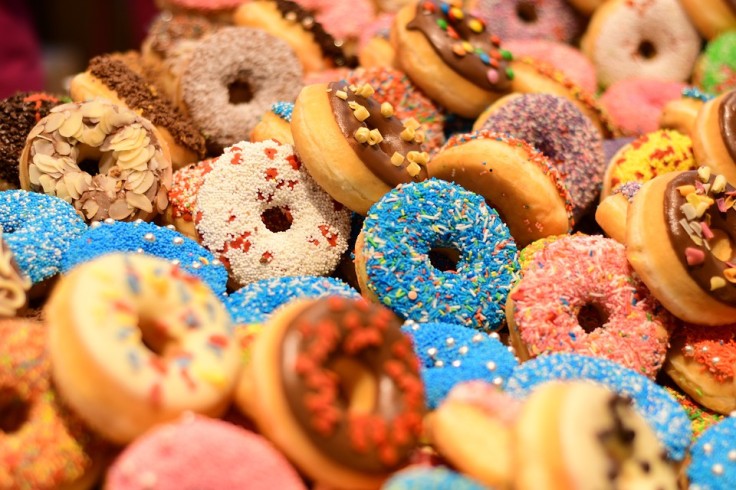
College students who spent nights studying for an exam end up craving for doughnuts, pizza, and fries. A new study has figured out why people crave for high-calorie, fatty foods when they are sleep-deprived. More importantly, the study presents ways to thwart away those unhealthy cravings.
The researchers from Northwestern Medicine said that cravings for unhealthy foods when people are sleep-deprived is caused by their olfactory system. The nose is to be blamed for the cravings that tend to make people fat. The study uncovers the two ways the nose is affected by sleep deprivation.
First, it's the hyperdrive. The olfactory nerves sharpen the signals so that the brain can better identify food from non-food odors.
However, as the process of identification happens, a seeming breakdown in communication happens to the other parts of the brain that receive signals concerning food. Because of that, the decision on what to eat changes significantly.
The olfactory nerves are enticed to smelling only the good odors such as the sweet smell of food. This leads people to eat more high calorie foods than those healthier ones.
Previous research showed that sleep deprivation causes the brain to produce more hormones called endocannabinoids. This hormone regulates feeding behavior, including how the person responds to odors, particularly to the smell of food.
In the study, 29 male and female respondents were divided into two sub-groups. The first group were allowed to have a good night's sleep. Four weeks later, they were only allowed to sleep for four hours. The second group experienced the reverse of this scenario.
The morning after (good sleep and deprived sleep), the researchers gave them controlled portions for breakfast, lunch and dinner. However, the participants were offered a wide array of snacks. The scientists observed what they ate and measured how much they ate.
The team found a significant change in their food options when they got good sleep from when they were sleep-deprived. After being deprived of sleep, they ate more high energy density foods like doughnuts, potato chips, and chocolate chip cookies.
The researchers then measured the blood levels of two endocannabinoid compounds - 2AG and 2OG. After a night of sleep deprivation, the levels of 2-OG increased and they saw its implications to the change in food choices.
Apart from getting enough hours of sleep every night, college students must also pay close attention to how their noses change the food choices that they make. Sleep deprivation draws people closer to enticing food smells so it might help avoiding passing by a doughnut shop when they didn't have enough sleep the night before.
Thorsten Kahnt, an assistant professor of neurology of the Northwestern University Feinberg School of Medicine and lead author of the study, said that if people want to avoid consuming unhealthy foods, then they should try to get good sleep every night. When the brain is well-rested, it will help a person keep their focus on being productive and on eating healthy.
The results of the study was published in eLife.
© 2025 University Herald, All rights reserved. Do not reproduce without permission.








